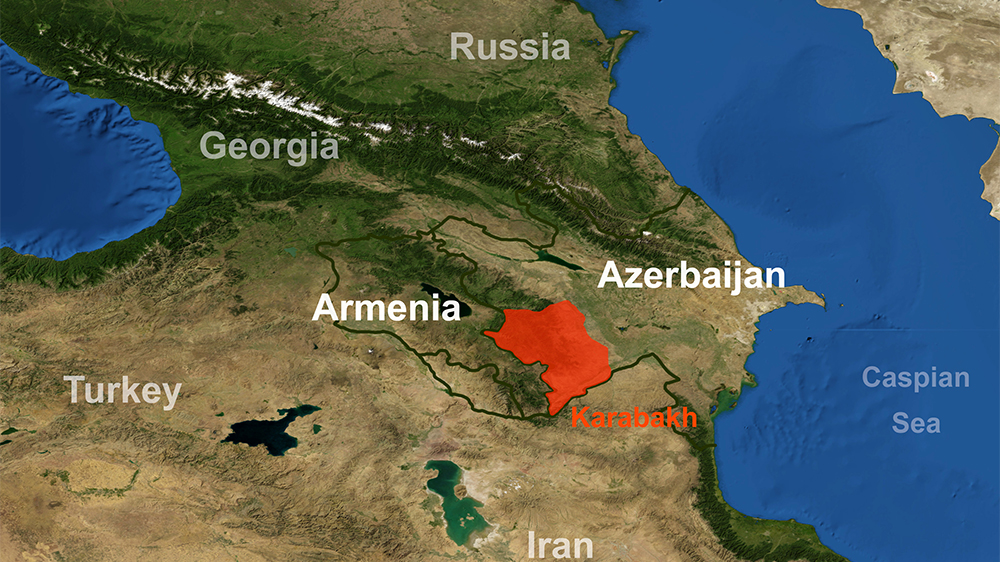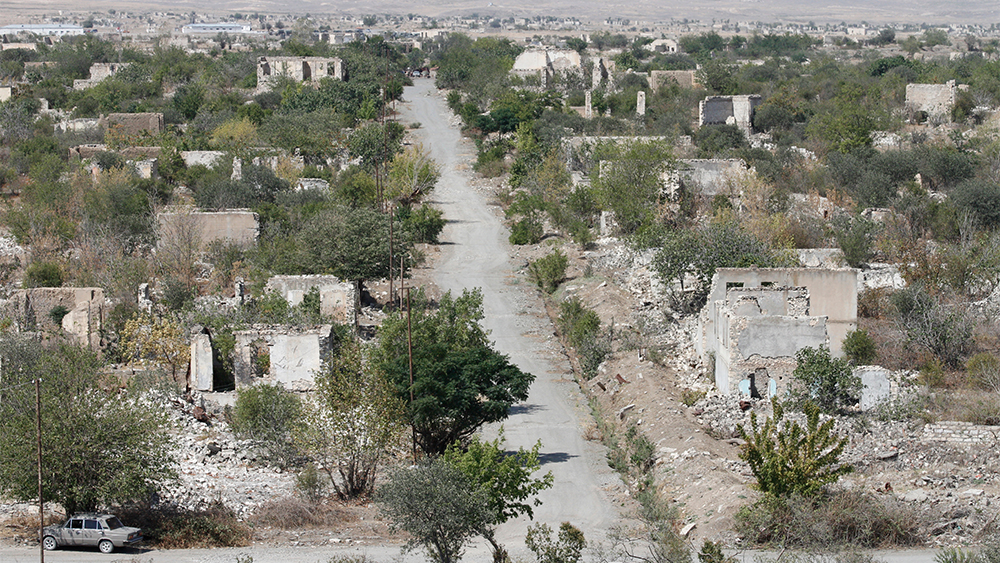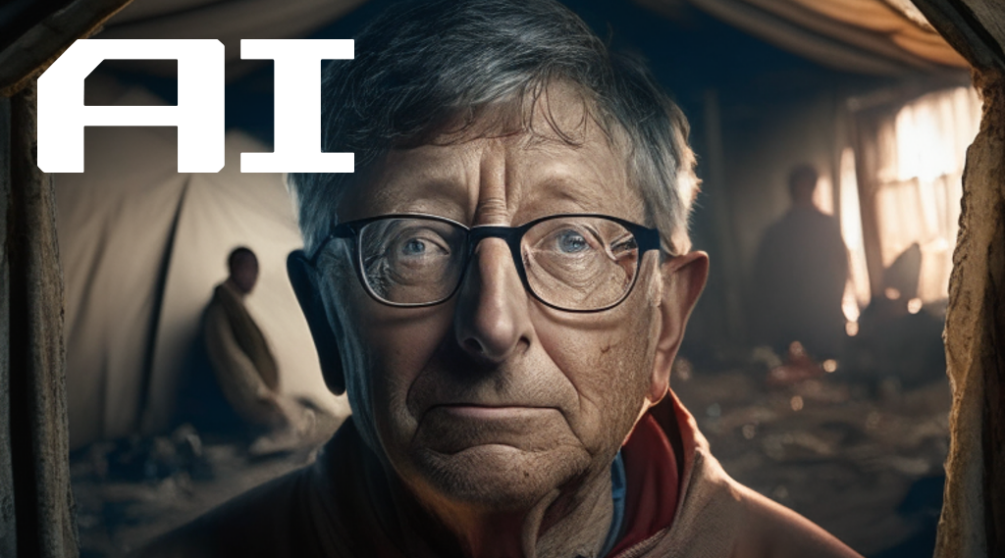In the early hours of September 13, 2022, Azerbaijani forces launched attacks on Armenian military position. This has resulted in war between these two countries flaring up again. What is the cause- and why is it happening now, and why is the EU so silent? We spoke to Azerbaijan expert and freelance journalist Rasmus Canbäck to find out.
There are fears that renewed fighting may herald a return to the type of conflict seen during the six weeks long war in 2020 over the disputed Nagorno-Karabakh region which resulted in over 6500 deaths. Russia, a close ally of Armenia, brokered the truce that ended 2020s conflict and is a key player in the region.
The conflict between Armenia and Azerbaijan has deep and complex roots, and spans the Ottoman, Tsarist, and Soviet empires and their varying geopolitical interests. Armenia, as a firm ally of Russian helps maintain Russian influence in the region. Azerbaijan plays a similar role for their allies in Ankara. Further complicating the issue is the deep historical enmity for Turkey on the part of Armenians who remember the Ottoman genocide that killed up to 1.2 million ethnic Armenians and which Turkey consistently refuses to acknowledge.
According to unconfirmed reports by the Azerbaijani Ministry of Defence, the operation they have dubbed “Definite Answer, was launched in response to Armenian aggression and has resulted in 200 Armenian casualties as well as the destruction of two surface-to-air missile systems. The Azerbaijanis claim to have captured strategic high ground that will allow them to control contested areas of Armenian territory.
The Russian Ministry of Defence claims to be in contact with both sides and to have negotiated a cessation of hostilities that it expects to be respected.
Fighting continues
However, journalists report that three hours after the ceasefire was supposedly put into effect, shelling continued as well as reports of civilian deaths in Armenia.
Responses from world leaders to the renewed fighting have been muted. Russia’s Foreign Ministry has urged restraint in language largely similar to that of the US Secretary of State as well as leaders of the European Council and the European Union.
Potentially complicating matters is a recently signed natural gas deal between the EU and Azerbaijan. In efforts to wean itself from Russian fossil fuels, the EU seems to have ignored its own climate goals and human rights standards in signing a deal that weds it to yet another problematic regime whilst failing to accomplish even the most basic goal of not enriching Russia.
Rasmus Canbäck is a Swedish freelance journalist and Azerbaijan expert. We asked him to explain the current situation.
Can you briefly give us the context of the conflict between Azerbaijan and Armenia?
– It goes 100 years back to the genocide against Christians in the Ottoman Empire and then the Fall of the Russian empire. Many fled to Europe and others to what is today Armenia. Following the fall of the Russian Empire the state of Azerbaijan was formed with claims to the territory of Nagorno Kharabak which was 90-95% inhabited by Armenians (who had fled the Turkish genocide). Azerbaijan is a Turkish speaking country so the Armenians who fled from the Ottoman Empire, perceived the Azerbaijanis as the same people as the Turkish leading to conflict. With the creation of the Soviet Union, Armenia and Azerbaijan were given the “choice” to join the Soviet Union or remain independent. Lenin promised both Nagorno-Kharabak. However, the decision was made after his death and Stalin in following his policy of divide and rule amongst ethnic groups Made the area and autonomous Oblast of the Soviet Republic of Azerbaijan. This remained for 80 years until the fall of the USSR was inevitable. The local government of Nagorno-Kharabak held a referendum where they chose to join Armenia. This was never accepted by Baku, and pogroms against Armenians took place all over Azerbaijan. In 1991 war broke out between Armenia and Azerbaijan over Nagorno-Kharabak. Ethnic Armenians declared independence and took control of Nagorno-Kharabak and seven surrounding regions (all internationally recognised as Azerbaijani territory). A 1994 ceasefire mandated by the United Nations Security Council, which Russia was instrumental in brokering, ended that conflict. From an International Humanitarian Law perspective, the UN ceasefire mandated two things. Firstly, Nagorno Kharabak belongs to Azerbaijan and second, peace negotiations would determine its final status. The Madrid Principles agreed in 2009 accepted the territorial integrity of Azerbaijan but would work towards self-determination for Nagorno-Kharabak. This would inevitably lead to Azerbaijan losing control of its territory, which they would never accept. The ceasefire that never resulted in a peace treaty maintained the status quo until 2020 when Azerbaijan invaded in an attempt to finally resolve the situation. A trilateral agreement between the warring parties and Russia which acted as a guarantor of ethnic Armenian’s safety in Nagorno-Kharabak and maintain the ceasefire with 2000 of its troops.
Does Russia’s seemingly deteriorating situation in Ukraine contribute to the timing of this invasion?
– This is not first attack by Azerbaijan since 2020, just the first very major attack. This attack was coming regardless of the situation with Russia. It might be a timing issue, it might not. Operation Revenge was launched last month, so my gut feeling is operation Definite Answer would be a follow-up to push the peace deal and force Armenia to give up its claims to Azerbaijani territory. With this attack Azerbaijan is hitting targets outside of the contested area. A buffer zone (such as the one Turkey is attempting to create in northern Syria) is not the official government line, however it is being pushed by the media. But what we have to understand is that Azerbaijan is a more autocratic country than Russia, it ranks below them in democracy indexes and for freedom of speech. There is no free media, when they push a narrative, it is unofficially the state narrative and what they are talking about is creating a buffer zone within Armenia proper.

What role does Turkey, a possible future Swedish NATO ally, with seemingly close relations to Russia, have in this conflict?
– Turkey is not happy at Russian influence in the Caucasus region after 2020. This conflict is a big obstacle between Russia and Turkey. Russia, Turkey, and Iran as regional powers are all fighting for influence in the Caucuses. Post 2020 Russia increased its influence massively. Turkey, as an ally of Azerbaijan wants to increase its role. We have seen Turkey moving military planes into Azerbaijan the day before they launched their attack. It is a big conflict for the region, but it’s geopolitically not important to the west and NATO who have little influence in the area.
What role does the recently concluded gas agreement between the EU and Azerbaijan play in guiding the EU’s response?
– One reason the EU is so quiet is they signed a deal for gas. The amounts are not as much as they could get from Russia. Interestingly, the day after the invasion of the Ukraine, Russia signed a deal with Azerbaijan that included a non-competition clause which means that Azerbaijan cannot raise gas prices more than Russia wants, 20-25% of Azerbaijani gas is owned by Russia (as is a lot of the extraction and transportation infrastructure). Even though the EU is buying gas from Azerbaijan, Russia will still make money. The Eu is so desperate to get gas from non-Russian sources that Azerbaijan has massively increased its geopolitical power. This is a big problem for the au which on the one hand is trying to embrace democracy movements and on the other needs the gas. This may be one reason why they are so quiet.
Is the gas deal a way for Azerbaijan to secure closer ties with the EU and silence criticism?
– Azerbaijan has a big lobby in the EU and makes use of what is known as “Caviar Diplomacy”. The Aliev ruling family owns property worth half a billion Euros in London alone.
Hussein Badat


